Open, instructionally sound infrastructure for education AI
Ground AI in learning science, standards, and rigor, without starting from scratch. Get started with our open AI resources: Knowledge Graph & Evaluators.
To ensure that learning science makes it into classroom tools, we’re building free and open, AI-ready infrastructure to support products that are pedagogically accurate, standards-aligned, and research-grounded.
While developers prioritize rigor in their AI tools, it’s challenging to source high-quality educational data, align to state standards, and evaluate outputs with educational experts. Learning Commons can help.
We work directly with curriculum providers, learning experts, researchers, and educators to build AI resources grounded in proven teaching practices. In order to improve the rigor of edtech, we’ve created building blocks that are trusted, open, and designed for real-world classroom impact.


IN DEVELOPMENT
Knowledge Graph
The data layer for smarter educational AI
Integrate trusted instructional content and research directly into AI-powered tools — improving precision, relevance, and instructional alignment.
Datasets
A machine-readable set of structured and connected datasets across curricula, state academic standards, and learning science research.
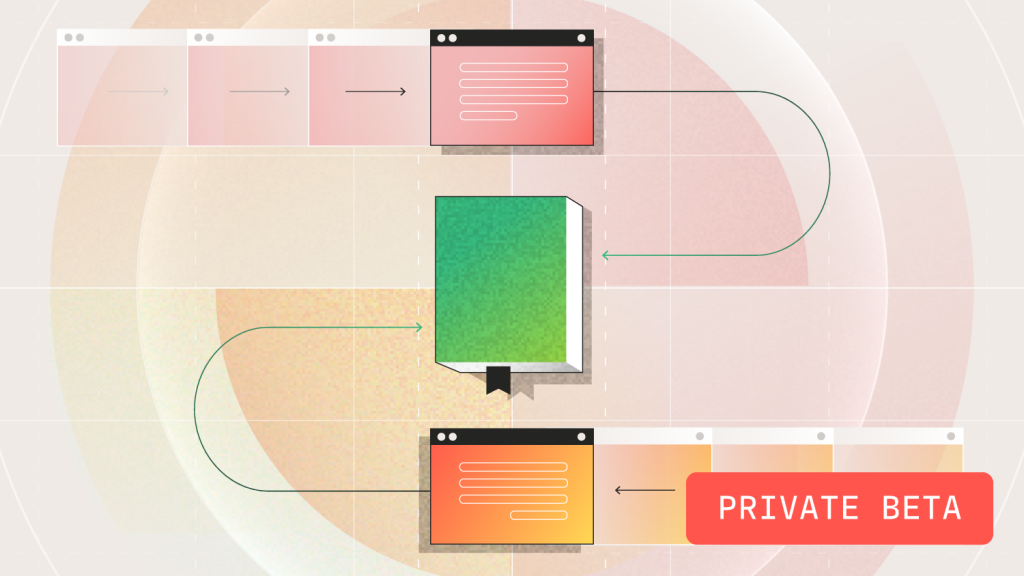
Curriculum
Ensure your tools are aligned to core curricula like Illustrative Mathematics — with other open education resources (OER) curricula coming soon.
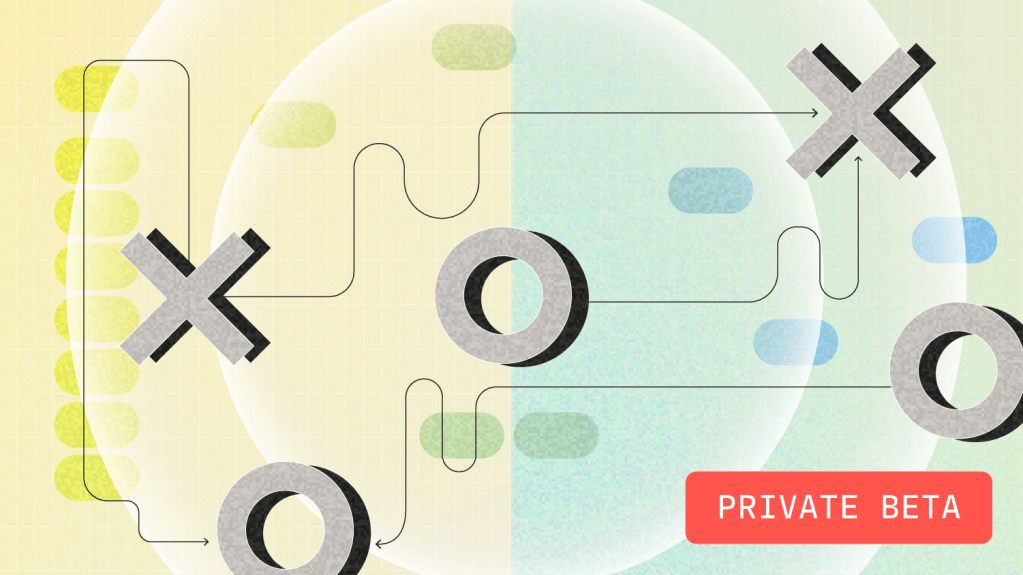
Learning Science
Connect student context, learning goals, and instructional strategies across cognition, well-being, and social skills through the Learner Variability Navigator dataset developed with Digital Promise.
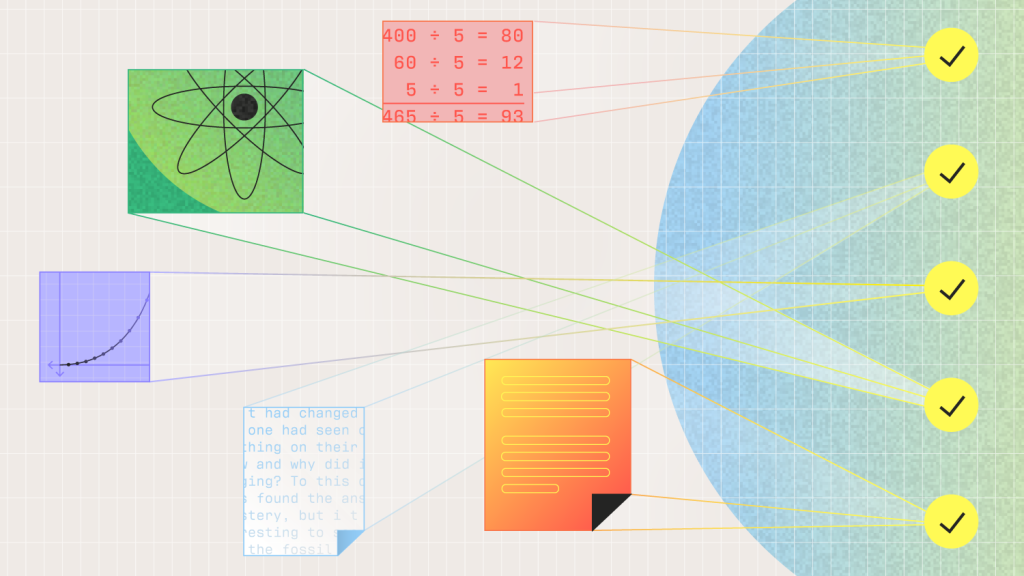
State Academic Standards
Align your content with standards from all 50 states in partnership with 1EdTech. Inclusive of math, ELA, science, and social studies, plus CCSS, NGSS, and C3.
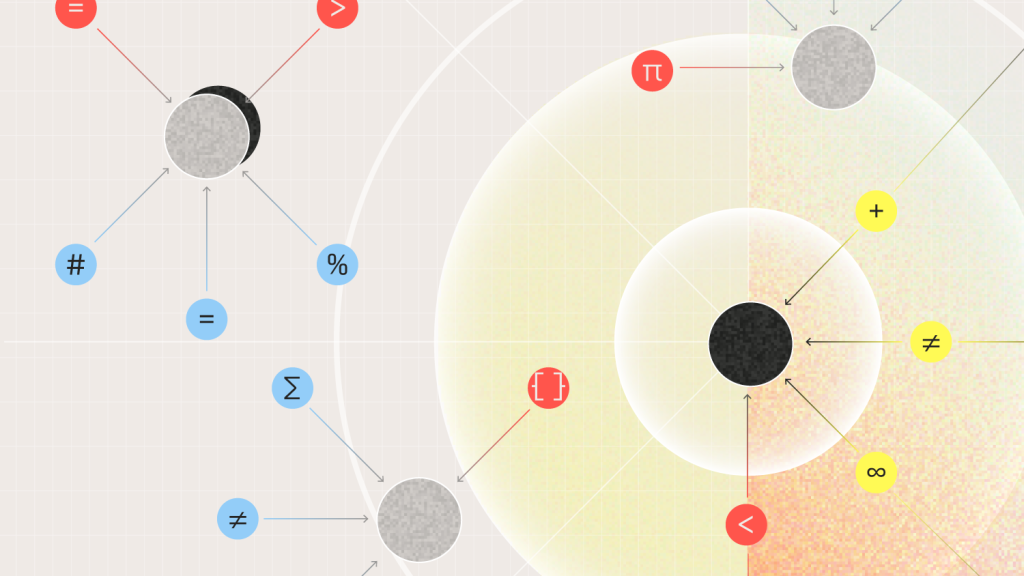
Learning Components
Deliver more precise lessons and interventions with a set of finer-grained math skills and concepts developed by Achievement Network (ANet). Expert validated and widely used, they provide a common language for math learning and underlie academic standards.
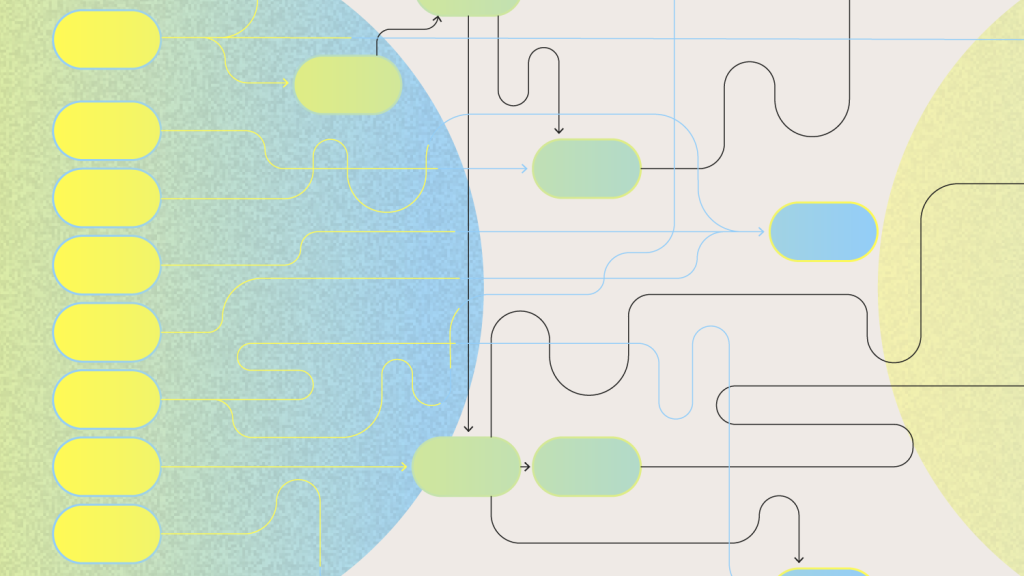
Learning Progressions
Build more coherence by identifying prerequisite skills and logical instructional sequences across grade levels. Provided by Student Achievement Partners (SAP), this is available for Math, with more subjects coming soon.
Build tools that make learning more effective for every student
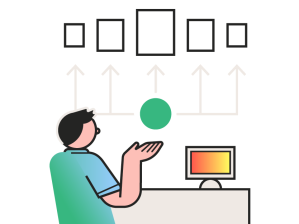
Integrate curriculum and standards, at scale
Make your material more relevant, discoverable, and adaptable by aligning it to core curriculum and state-academic standards through an openly shared structure.

Generate instructional content with precision
Create instructional materials grounded in high-quality curriculum and state standards quickly and cost-effectively.
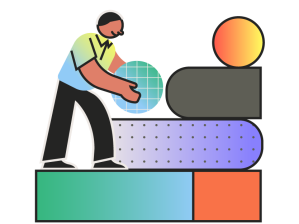
Structured progressions to support student needs
Recommend the appropriate next skill for a student, based on mastery level and learning science.

Knowledge Graph Claude Connector
Our custom Model Context Protocol (MCP) server makes Knowledge Graph accessible through Claude.
IN DEVELOPMENT
Evaluators
Evaluation for AI outputs against trusted educational rubrics
Measure and improve content quality with research-backed rubrics — ensuring rigor, reliability, and alignment to classroom needs.
What you can evaluate
Automatically assess the educational quality of AI-generated content for literacy and student motivation.
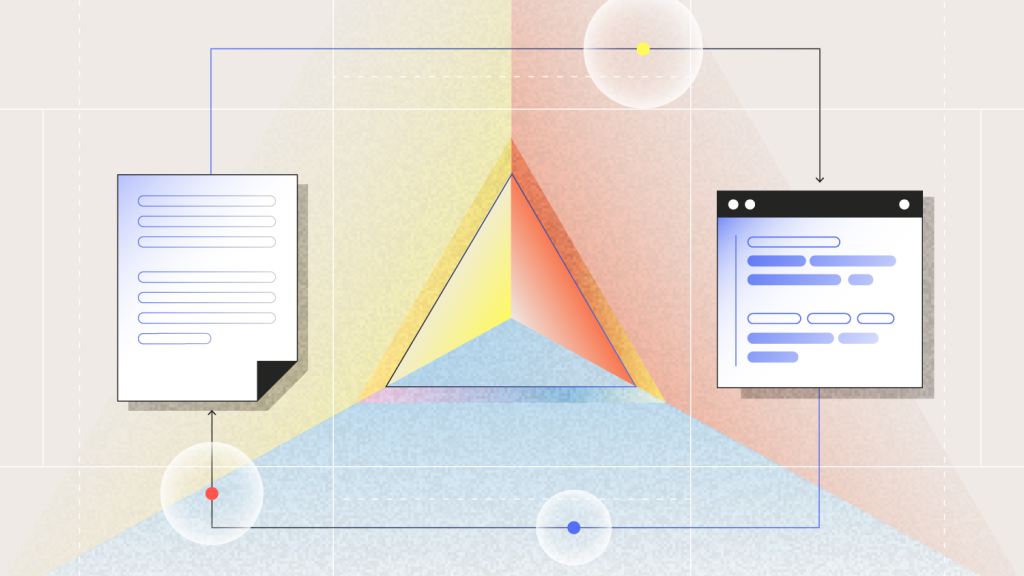
Literacy Evaluators
Measure the attributes of text complexity using the expert-backed SCASS rubric from Student Achievement Partners. These evaluators assess different dimensions of literacy to ensure key characteristics of text are grade-level appropriate.
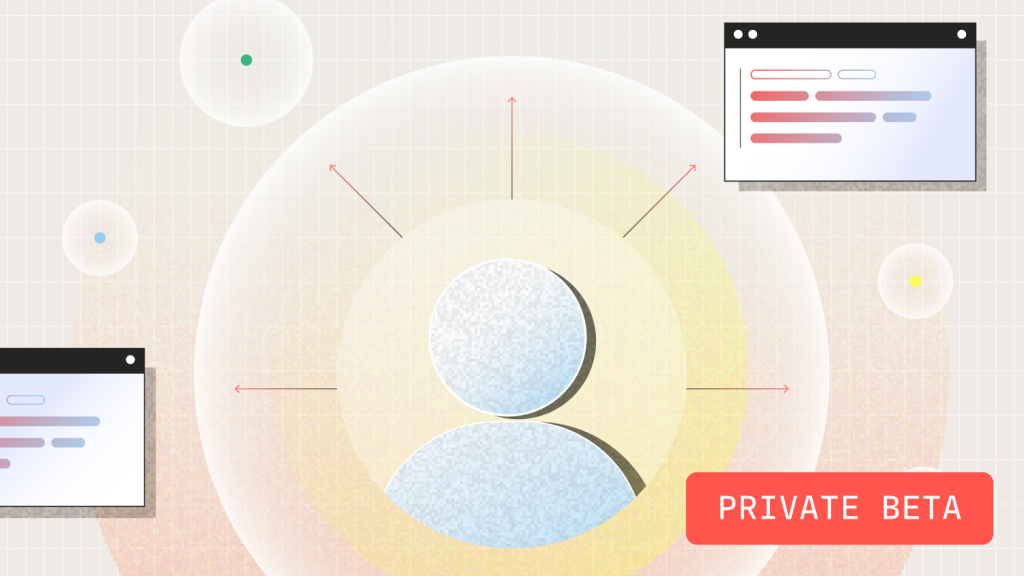
Student Motivation Evaluators
Utilizes research to assess the extent to which AI content supports students’ motivation to learn and improve. It helps students avoid fixed beliefs about their ability and provides a critical foundation for learning.
Measure, manage, and improve your AI output
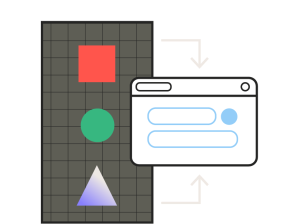
Measure outputs to maintain instructional alignment
Align AI-generated content with rubrics that are based on high standards for pedagogical integrity, consistency, and classroom readiness.
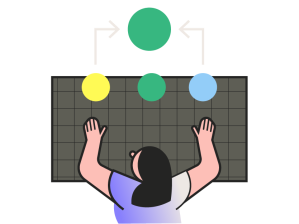
Manage and select models with confidence
Compare model performance side by side using consistent, research-backed evaluation.
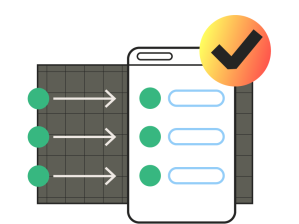
Increase the reliability of your product
Optimize your product based on these validated rubrics so you can create high-quality tools that are aligned with learning science and pedagogy.
Join our private beta
Get access to new product integration methods such as APIs & MCP, exclusive datasets, and personalized guidance from our team to help you apply our tools.
Partners
Join us in co-building infrastructure that will help shape the future of edtech for the benefit of all.
We’re actively partnering with curriculum providers, researchers, and educational organizations to develop high-quality, openly available resources to help build AI infrastructure for public good.




